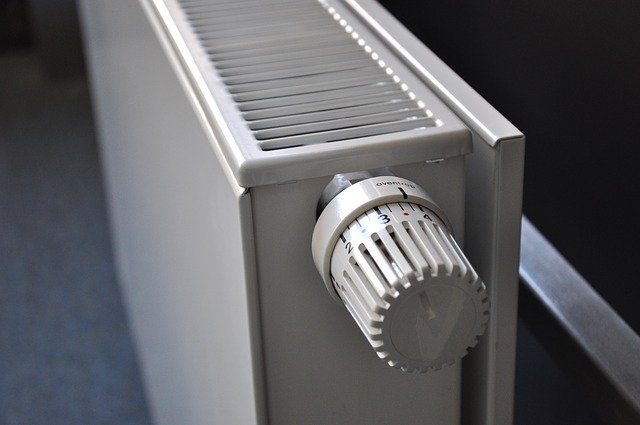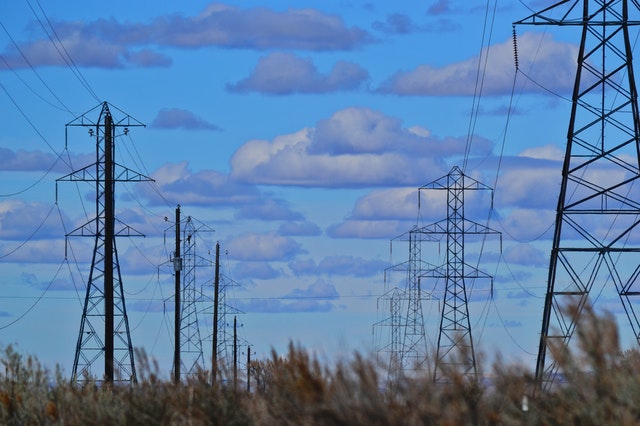Smart Meters: Small boxes with BIG potential
New studies claim that there are around 15.6 million smart and advanced meters currently in operation across the UK. This figure may seem impressive, but the Government had originally planned for 53 million meters to be installed by the end of this year. Last year this deadline was pushed back to 2024. Challenges have largely been centred around the technology failing to enable customers to switch suppliers easily, leading to some customer dissatisfaction.
Despite these challenges, smart meters are still seen as a potential game-changer for the energy industry. They’re not only playing a vital role in giving consumers more freedom over the regulation and cost of their power usage, but also ensuring energy providers are providing the best possible service. Now that the energy sector wants to embrace data and digitisation more ruthlessly, their investment into smart meters is only likely to increase over the coming years.
However, with smart metering infrastructure now operating at scale, there has been a significant uptick in the innovative ways in which smart meters can be utilised, which go beyond the standard household energy use and costing predictions they currently offer.
How are smart meters changing the game for the energy industry and consumers?

Decarbonisation
A key priority for the Government and the energy industry alike is decarbonisation of heat, or in layman’s terms reducing carbon emissions. The Intergovernmental Panel on Climate Change, or the IPCC, has stated that “virtually full” decarbonisation of the power sector by 2050 is necessary to meet the Paris Agreement’s target of capping global temperature rise at 1.5°C to reduce the effects of climate change.
To tackle the challenge of decarbonisation, smart meters are being used to provide near-real-time data and time-of-use tariffs that can help to optimise devices being used in households and businesses, such as storage heaters and heat pumps. Research by DELTA-EE found that without the help of smart meters, reaching the Paris Agreement’s target and reducing emissions would be more expensive, less co-ordinated and take a lot longer.
Electric Vehicles
As well as reducing the carbon emissions being produced in households and businesses, consumers with electric vehicles (EVs) also stand to benefit from smart metering. Thanks to the ever-increasing demand for connected devices, consumers can already manually schedule their electric vehicle charging to take place in off-peak periods, when energy is cheapest. However, this year we’re expected to see more smart charging automation, through the use of smart meter load control.
Load control is when smart meters automatically charge electric vehicles when demand and energy prices are at their lowest. This can help to provide an enhanced experience for consumers by allowing them to take advantage of cheaper and greener energy, whilst also contributing to the UK’s transition to a greener economy by helping to smooth out peaks and dips in power demand. This can help to lower overall costs, increase reliability and reduce carbon emissions across the entire energy sector.

The National Grid
Thanks to the masses of data being collected by smart meters from households and businesses across the UK, utility providers are equipped with the most accurate figures on the country’s energy use than ever before. This input will, in turn, allow them to better match their energy supply with demand, which, in turn, means fewer emissions will be created from generating extra power.
With access to accurate tracking of energy demand, energy providers will now play a pivotal role in creating a stable, more efficient National Grid by helping to balance energy usage at a localised level. As a result, less investment will be required to fortify the grid through increased energy bills, which will ultimately lead to lowering energy cost for consumers.
With so many economic, financial and environmental benefits, it’s likely that this year we’ll see an acceleration in the rollout of smart meters to homes and businesses and even more innovative uses for these small yet mighty devices.
24th March
Industry Insight
Related insight
Related News
Looking to
transform?
Quicklinks

Address
Deltra Group
52-54 Gracechurch St
London
EC3V 0EH
Contact
+44 (0)207 375 9500
info@deltragroup.com



